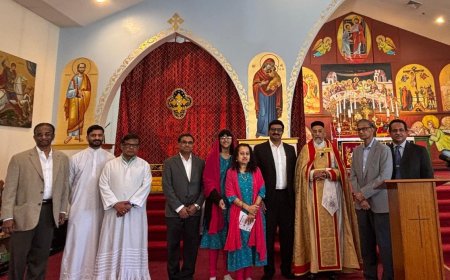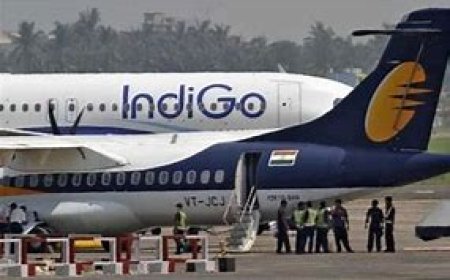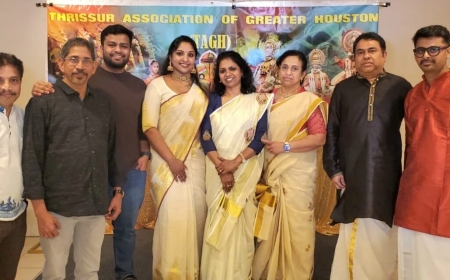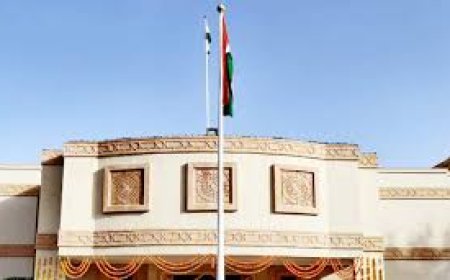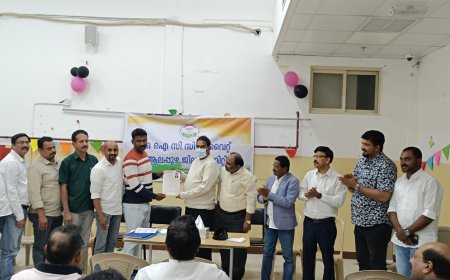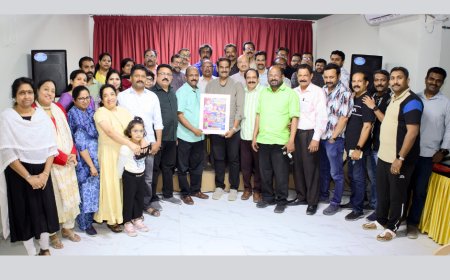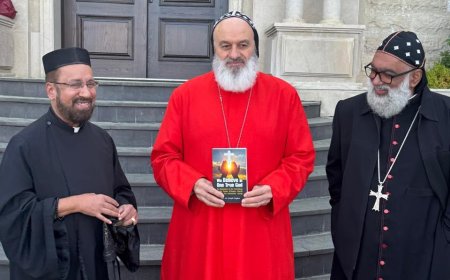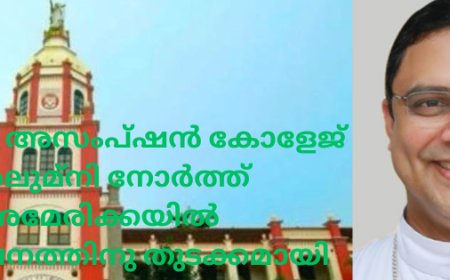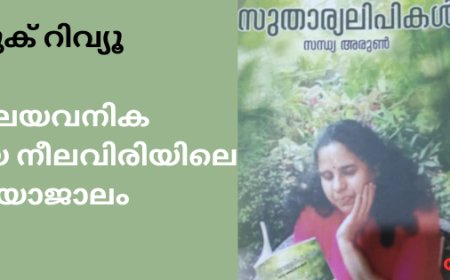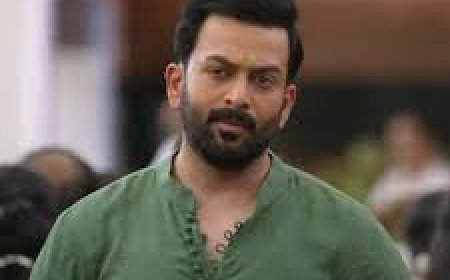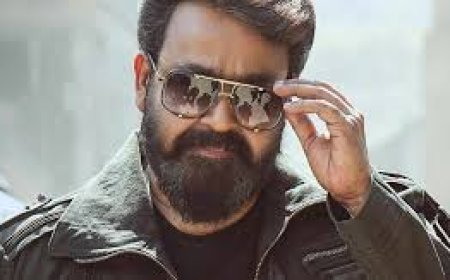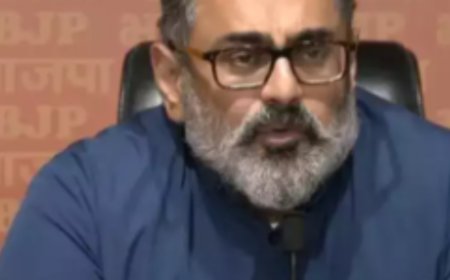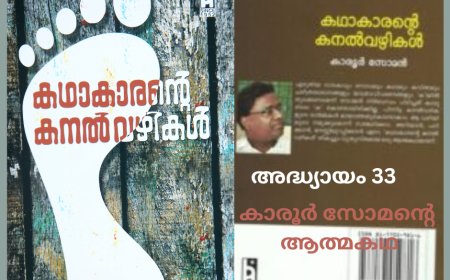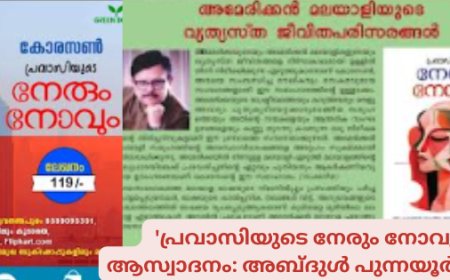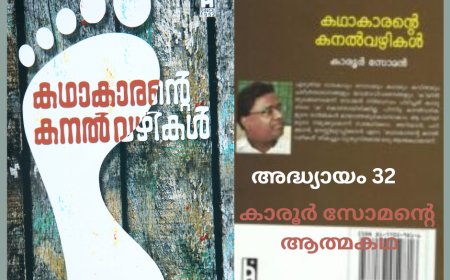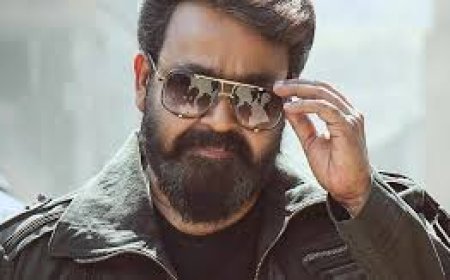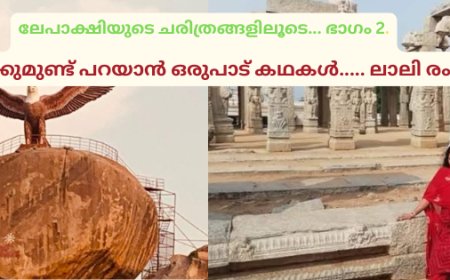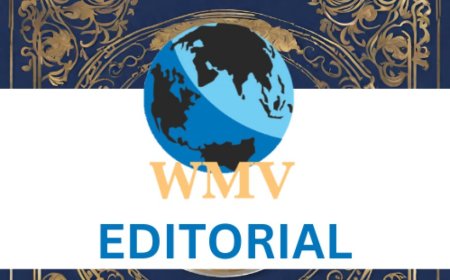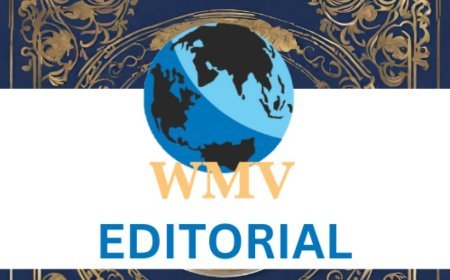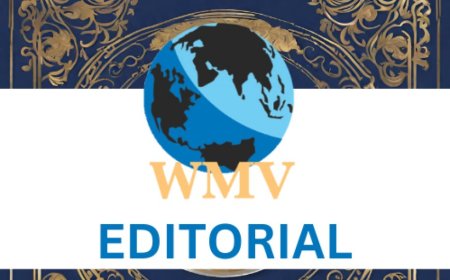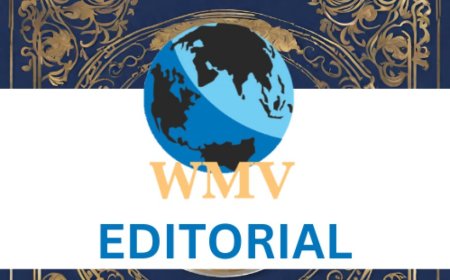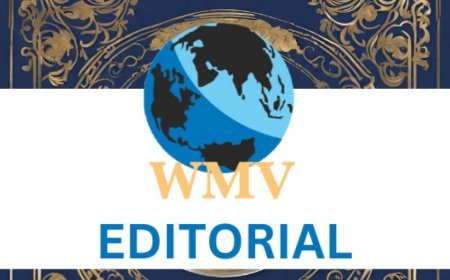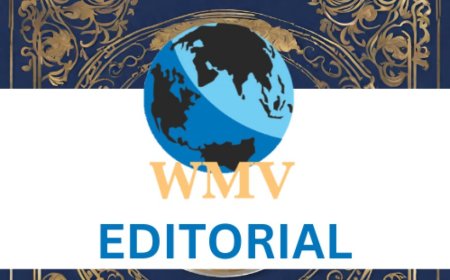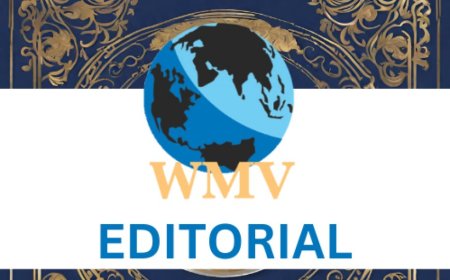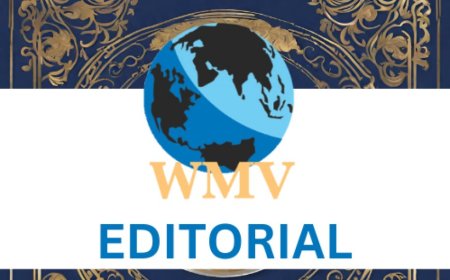HC tells state to tackle child marriage in Wayanad’s tribal communities
The Kerala High Court, on March 3, directed the state to implement extensive awareness programs to address the practice of child marriage among the tribal communities of Wayanad. A division bench comprising Chief Justice Nitin Jamdar and Justice S Manu said that the long-standing nature of this custom could not justify its continuation, as it adversely impacted children's rights, health, education, and personal autonomy. “The prevalence of child marriage in the tribal areas, though historically entrenched, needs to be addressed to protect the rights and well-being of the children,” the court said in its order. The court took suo motu consideration of the issue in 2016 based on a report by the District Legal Services Authority (DLSA) in Wayanad, which highlighted the legal consequences faced by tribal community members under the Protection of Children from Sexual Offences Act, 2012 (PoCSO Act) due to customary early marriages. Following this, the Kerala State Legal Services Authority (KeLSA) filed a public interest litigation (PIL) plea seeking judicial intervention. How POCSO Act continues to unfairly impact tribal communities in Kerala The Court acknowledged that while child marriage is a deeply rooted social issue, its intervention has limitations. The court noted the submissions by the amicus curiae, senior advocate P Vijayabhanu, and KeLSA’s counsel, senior advocate Santhosh Mathew, that judicial orders alone could not resolve the issue. “They submitted that the problem is complex and, to address it, requires changes to multiple laws, which are beyond the scope of this public interest petition,” the court observed, highlighting that any legal modifications to age of consent laws for tribal communities must be addressed legislatively rather than judicially. Recognising the role of community-based sensitisation, the court directed KeLSA to collaborate with NGOs, educational institutions, and government agencies to launch an awareness campaign across Wayanad. “The Respondents, as per the Action Plan, will conduct awareness programs against child marriage in all upper primary, high, and higher secondary schools in Wayanad district within three months,” the order stated. Additionally, outreach programs will be conducted in tribal settlements, involving Scheduled Tribe promoters and paralegal volunteers. The campaign will incorporate film screenings, posters, and interactive workshops to educate communities on child marriage and children's rights under Articles 21 and 21-A of the Constitution of India. The Court mandated that the secretary of KeLSA submit progress reports every six months to the Executive Chairman, detailing the effectiveness of awareness initiatives. Disposing of the petition, the court also granted KeLSA the liberty to seek further judicial directions if required.
THE Kerala High Court, on March 3, directed the state to implement extensive awareness programs to address the practice of child marriage among the tribal communities of Wayanad.
A division bench comprising Chief Justice Nitin Jamdar and Justice S Manu said that the long-standing nature of this custom could not justify its continuation, as it adversely impacted children's rights, health, education, and personal autonomy.
“The prevalence of child marriage in the tribal areas, though historically entrenched, needs to be addressed to protect the rights and well-being of the children,” the court said in its order.
The court took suo motu consideration of the issue in 2016 based on a report by the District Legal Services Authority (DLSA) in Wayanad, which highlighted the legal consequences faced by tribal community members under the Protection of Children from Sexual Offences Act, 2012 (PoCSO Act) due to customary early marriages.
Following this, the Kerala State Legal Services Authority (KeLSA) filed a public interest litigation (PIL) plea seeking judicial intervention.
The Court acknowledged that while child marriage is a deeply rooted social issue, its intervention has limitations. The court noted the submissions by the amicus curiae, senior advocate P Vijayabhanu, and KeLSA’s counsel, senior advocate Santhosh Mathew, that judicial orders alone could not resolve the issue.
“They submitted that the problem is complex and, to address it, requires changes to multiple laws, which are beyond the scope of this public interest petition,” the court observed, highlighting that any legal modifications to age of consent laws for tribal communities must be addressed legislatively rather than judicially.
Recognising the role of community-based sensitisation, the court directed KeLSA to collaborate with NGOs, educational institutions, and government agencies to launch an awareness campaign across Wayanad.
“The Respondents, as per the Action Plan, will conduct awareness programs against child marriage in all upper primary, high, and higher secondary schools in Wayanad district within three months,” the order stated.
Additionally, outreach programs will be conducted in tribal settlements, involving Scheduled Tribe promoters and paralegal volunteers.
The campaign will incorporate film screenings, posters, and interactive workshops to educate communities on child marriage and children's rights under Articles 21 and 21-A of the Constitution of India.
The Court mandated that the secretary of KeLSA submit progress reports every six months to the Executive Chairman, detailing the effectiveness of awareness initiatives.
Disposing of the petition, the court also granted KeLSA the liberty to seek further judicial directions if required.














